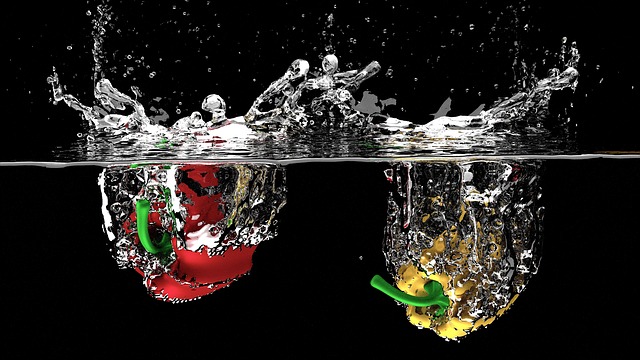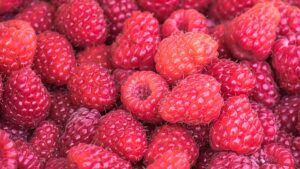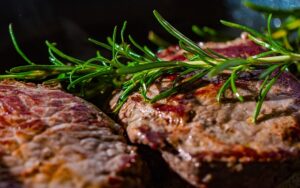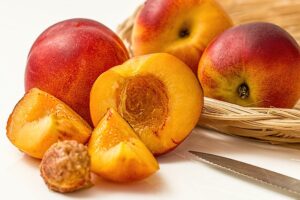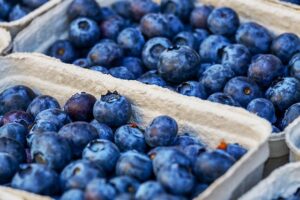Introduction
Protein is an essential macronutrient that plays a crucial role in women’s health. However, there are several misconceptions surrounding protein and its impact on women’s bodies. In this article, we will dive deeper into these misconceptions and provide a clearer understanding of what everyone gets wrong about protein and women’s health.
Protein requirements for women
Protein requirements: It is often assumed that women require less protein than men. However, this is a misconception. The recommended daily intake of protein for women is similar to that of men, with slight variations based on factors such as age, weight, and activity level. The general guideline suggests that women should consume around 0.8 grams of protein per kilogram of body weight. This means that a sedentary woman weighing 60 kilograms should aim for approximately 48 grams of protein per day.
Protein and muscle building
Muscle building: Another common misconception is that protein consumption leads to bulky muscles in women. In reality, women have lower levels of testosterone, a hormone that promotes muscle growth. Therefore, it is highly unlikely for women to develop large muscles solely from consuming protein. However, protein is crucial for muscle repair and recovery, especially after exercise. It helps in maintaining and toning muscles, which is essential for overall health and fitness.
Protein and weight loss
Weight loss: Many people believe that increasing protein intake alone can lead to weight loss. While protein can aid in weight loss, it is not a magic solution. Protein has a higher thermic effect, meaning it requires more energy to digest and metabolize compared to fats and carbohydrates. This can slightly increase calorie expenditure. Additionally, protein helps in increasing satiety and reducing appetite, which can indirectly support weight loss efforts. However, it is important to maintain a balanced diet and engage in regular physical activity for effective and sustainable weight loss.
Protein sources for women
Plant-based protein: There is a misconception that women need to rely solely on animal-based protein sources to meet their protein requirements. While animal-based proteins are complete sources of protein, providing all essential amino acids, plant-based proteins can also be excellent choices. Legumes, tofu, tempeh, quinoa, and chia seeds are all examples of plant-based protein sources that can be incorporated into a woman’s diet. By combining different plant-based protein sources, women can obtain all the necessary amino acids for optimal health.
Protein and bone health
Bone health: Contrary to popular belief, protein does not have a negative impact on bone health in women. Some studies have suggested that high protein intake may increase calcium excretion, leading to concerns about potential bone loss. However, these studies fail to consider the overall dietary context. Protein is essential for maintaining muscle mass, and strong muscles support bone health. When consumed as part of a balanced diet that includes adequate calcium and other bone-supporting nutrients, protein can contribute positively to bone health in women.
Conclusion
In conclusion, there are several misconceptions surrounding protein and women’s health. Women require a similar amount of protein as men, and consuming protein does not automatically lead to bulky muscles. Protein can support weight loss efforts but should be part of a balanced diet and active lifestyle. Both animal-based and plant-based protein sources can meet women’s protein requirements. Lastly, protein does not have a negative impact on bone health when consumed as part of a well-rounded diet. It is essential to debunk these misconceptions and promote a better understanding of protein’s role in women’s health.
References
1. healthline.com/nutrition/how-much-protein-per-day
2. ncbi.nlm.nih.gov/pmc/articles/PMC6566799/
3. health.harvard.edu/blog/how-much-protein-do-you-need-every-day-201506188096
4. healthline.com/nutrition/does-protein-help-you-lose-weight
5. healthline.com/nutrition/plant-based-protein
6. ncbi.nlm.nih.gov/pmc/articles/PMC6566799/

